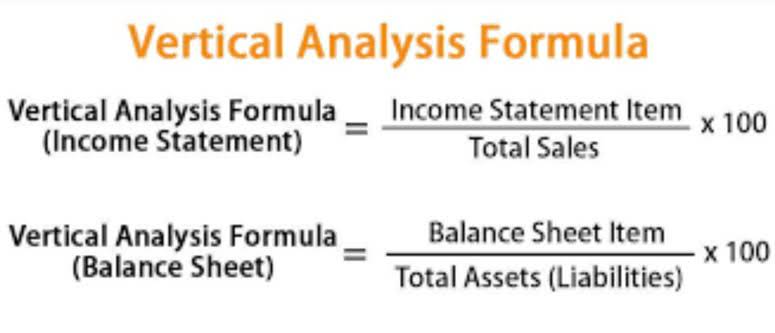
This digital shift not only streamlines the accounting process but also frees up valuable resources, allowing businesses to allocate more time and energy to strategic initiatives. Within the dynamic world of the real estate market, the financial well-being of a company is intricately tied to the precision of its bookkeeping practices. Real estate bookkeeping is a critical task that goes beyond mere number-crunching to provide a framework for robust financial health and informed business strategies. It lays the groundwork for a real estate business to thrive amidst the fierce competition by ensuring that every financial aspect is meticulously tracked and analyzed. Rental property accounting is truly the backbone of any great real estate business that has proven any type of scale.
Navigating Escrow Accounting and Reconciliation in Real Estate
Rental income monitoring is crucial for financial stability and property management success. Different systems and tools can help property managers track rental income. Meet Stephen Atcheler, the Managing Director of a Real Estate Virtual Assistant Company.

Security deposit returns
Send the tenant a security deposit check and account statement with deductions and interest. Furthermore, managers must account for the lack real estate bookkeeping of income during rental property vacancies. A property management business will record each transaction twice as debits and credits.
Real Estate Accounting Basics – What to Track
Take special note of keeping the invoice and receipt management system in perfect order and plan for unexpected expenses. The list of income and expenses has a single row with positive and negative values. We’ve touched on different methods of accounting, but we also have to discuss bookkeeping https://www.bookstime.com/ methods. Suppose you have a rental property by the sea, and your tenant pays 6 months in advance. Your business bank account may have more requirements and even restrictions. For example, your business checking account may allow a limited number of transactions per month.


This is a massive benefit in terms of time and convenience, but you should continually monitor and perform monthly checks on your accounts. If you were questioning if real estate professionals really need a bookkeeper, sure enough, the answer at this point would be a “yes! Software cannot yet replace a skilled CPA with expertise in real estate.
- But being a real estate agent involves some complicated financial stuff.
- Handling the accounting for your real estate practice doesn’t have to be a major hassle.
- We looked at the fundamentals of real estate accounting and then moved to discussing the differences between accounting and bookkeeping.
- Meet Stephen Atcheler, the Managing Director of a Real Estate Virtual Assistant Company.
- Businesses that excel in maintaining impeccable financial records often find themselves ahead of the competition.
- Learning the basics of bookkeeping is essential for real estate agents to manage their finances effectively.

- As machine learning and neural networks rapidly advance, AI tools now provide real estate agents meaningful assistance optimizing and even fully handling bookkeeping tasks.
- By leveraging these advanced practices, real estate businesses are well-positioned to enhance their competitive advantage in an ever-changing property market.
- Real estate businesses often rely on external funding and partnerships for growth and expansion.
- Real estate agencies can use real estate accounting software options to manage their accounting deals and real estate deals effectively.
- By having detailed records of income, expenses, and property performance, you can analyze financial trends, evaluate the profitability of your investments, and identify areas for improvement.

